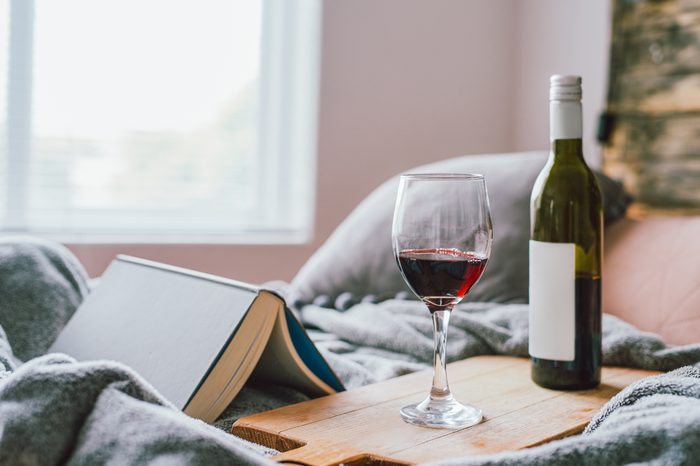
What to know about drinking alcohol during the coronavirus pandemic
The combination of being out of your usual routine, homebound, and being under too much stress during the Covid-19 outbreak can make every night feel like a weekend kickoff that merits a cocktail (or two or more). But frequent alcohol overindulgence during the pandemic can potentially have a negative impact on your physical and mental health. Here’s what you need to know about drinking alcohol and your health, and how to strike a healthier balance.
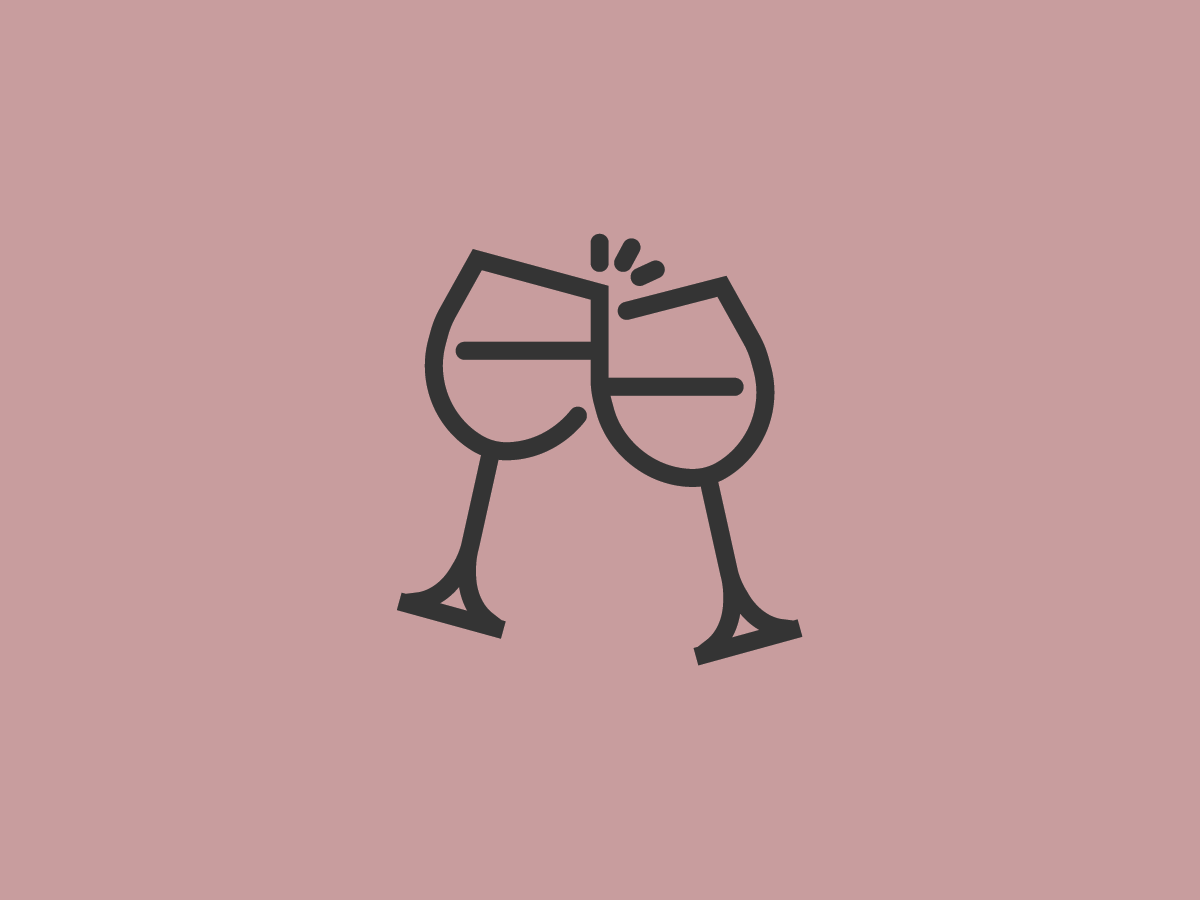
1. Too much alcohol weakens immunity
Clinicians have long observed a link between excessive alcohol intake and a weakened immune response, according to 2015 study published in the journal Alcohol Research. The impact includes an increased susceptibility to pneumonia, and a greater likelihood of developing acute respiratory stress syndromes (ARDS), factors that could potentially impact Covid-19 outcomes. People who drink too much also have an increased risk of sepsis, alcoholic liver disease, and certain cancers, as well as postoperative complications, slower and less complete recovery from infections, and poor wound healing. As you prioritize wellness in order to bolster your body’s defenses during this crisis, moderating alcohol is an important step.
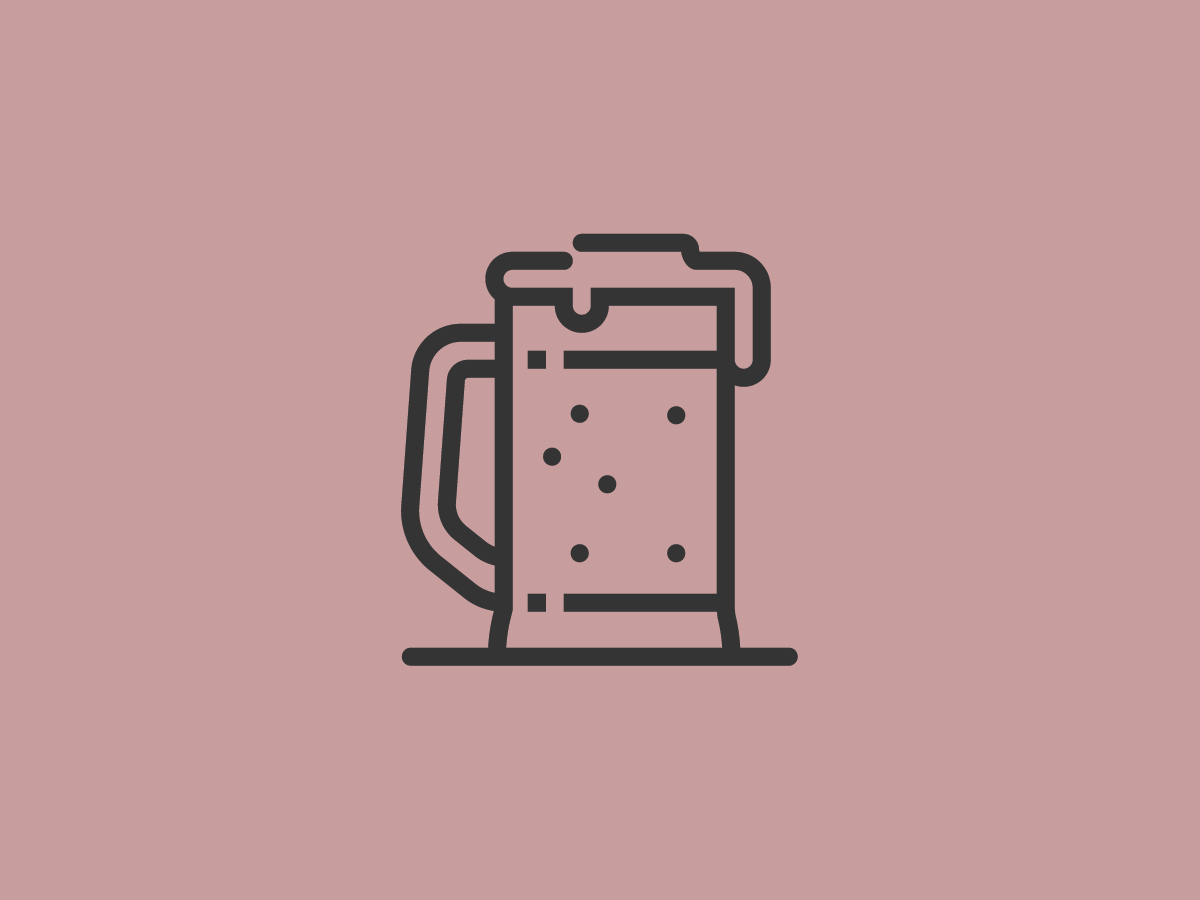
2. Too much alcohol increases other health risks
It’s unclear how long stay-at-home recommendations will need to be in place. But, too much alcohol even in the short term can lead to other unwanted outcomes. According to the Centers for Disease Control and Prevention (CDC), excess alcohol consumption is tied to an increased probability of injuries, including falls and burns, which can happen in your home. Other dangers include the potential for alcohol poisoning, violence, and engaging in risky sexual behaviour. Long term, excessive alcohol use is linked to health issues including high blood pressure, heart disease, stroke, liver disease, digestive problems, certain cancers, learning and memory difficulties, including dementia, and social and family problems.
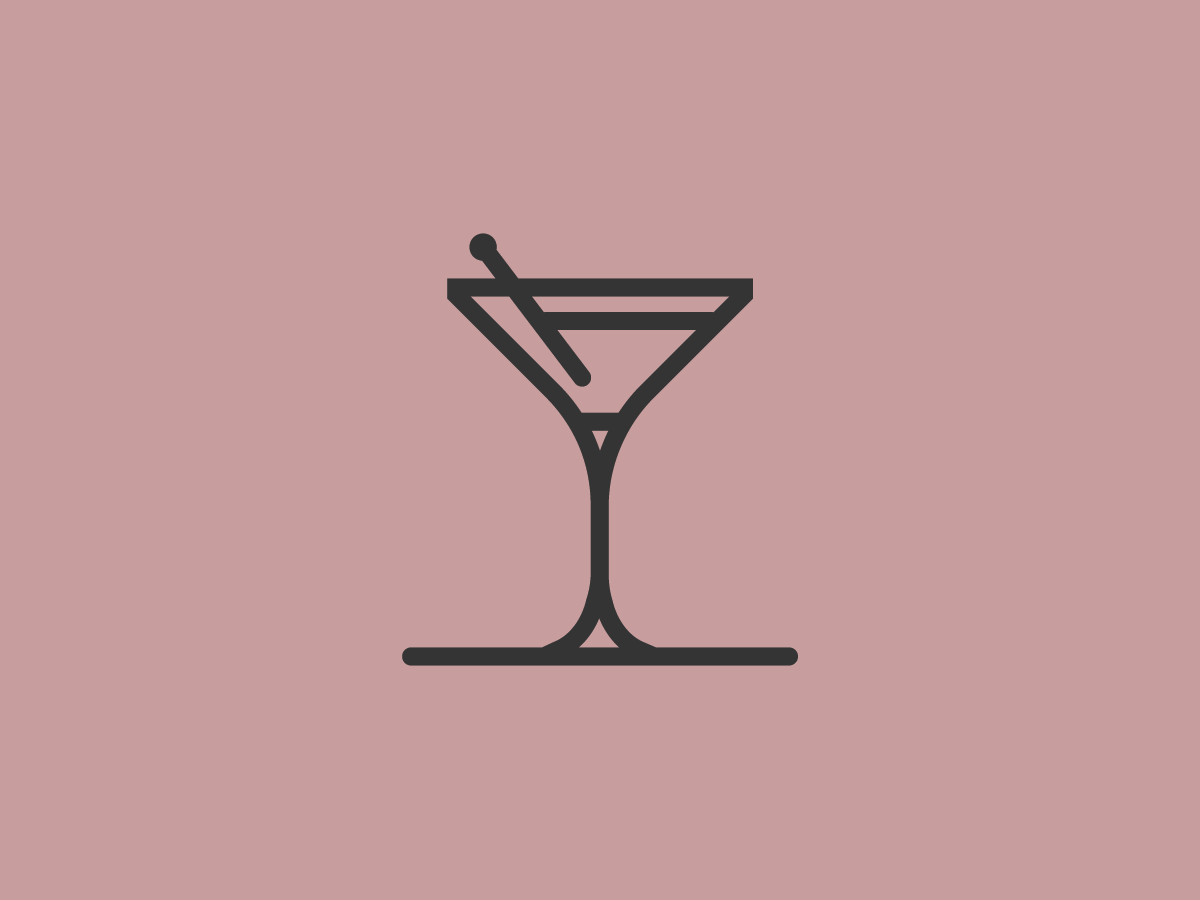
3. Too much alcohol can lead to weight gain
Several studies have shown that alcohol intake stimulates eating, and is related to an increased risk of obesity. This link was explored in a 2017 paper published in the journal Nature Communications. The inclination is something you may have experienced first hand. Under the influence, your inhibitions are lowered. That effect, combined with an increased appetite, means you’re more likely to overeat, or reach for foods you may forego when sober. Cut back on drinking to help stave off weight gain if you want to remain at a steady weight. (Here’s how to prevent overeating working from home.)
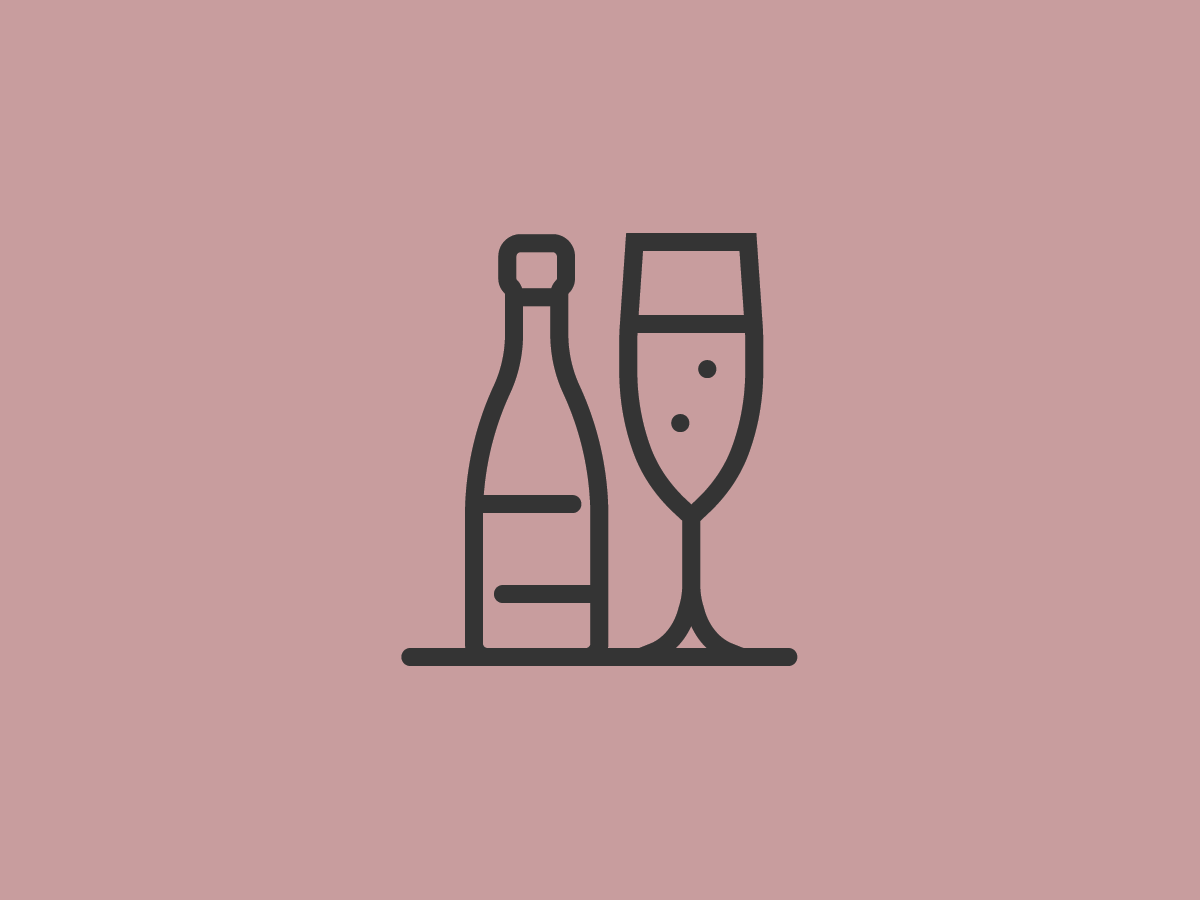
4. Too much alcohol isn’t healthy
If you’re wondering exactly what excessive drinking means, it includes both binge drinking and heavy drinking. Binge drinking is defined as four or more drinks during a single occasion for women, and five or more for men, according to the CDC. Heavy drinking means eight or more drinks per week for women and 15 or more for men. It’s important to note that most people who drink excessively are not alcoholics or alcohol dependent. But, you don’t have to qualify for either in order to incur risks.
If alcohol is consumed at all, the Dietary Guidelines for Americans call for moderate drinking. They define moderation as up to one drink per day for women and up to two drinks per day for men, and no, they don’t carry over. In other words, four drinks on Sunday and none the rest of the week isn’t considered moderation. One standard drink included 12 ounces of regular beer with five percent alcohol, five ounces of wine with twelve percent alcohol, or a one and a half ounce shot of 80 proof distilled spirits, which is forty percent alcohol.
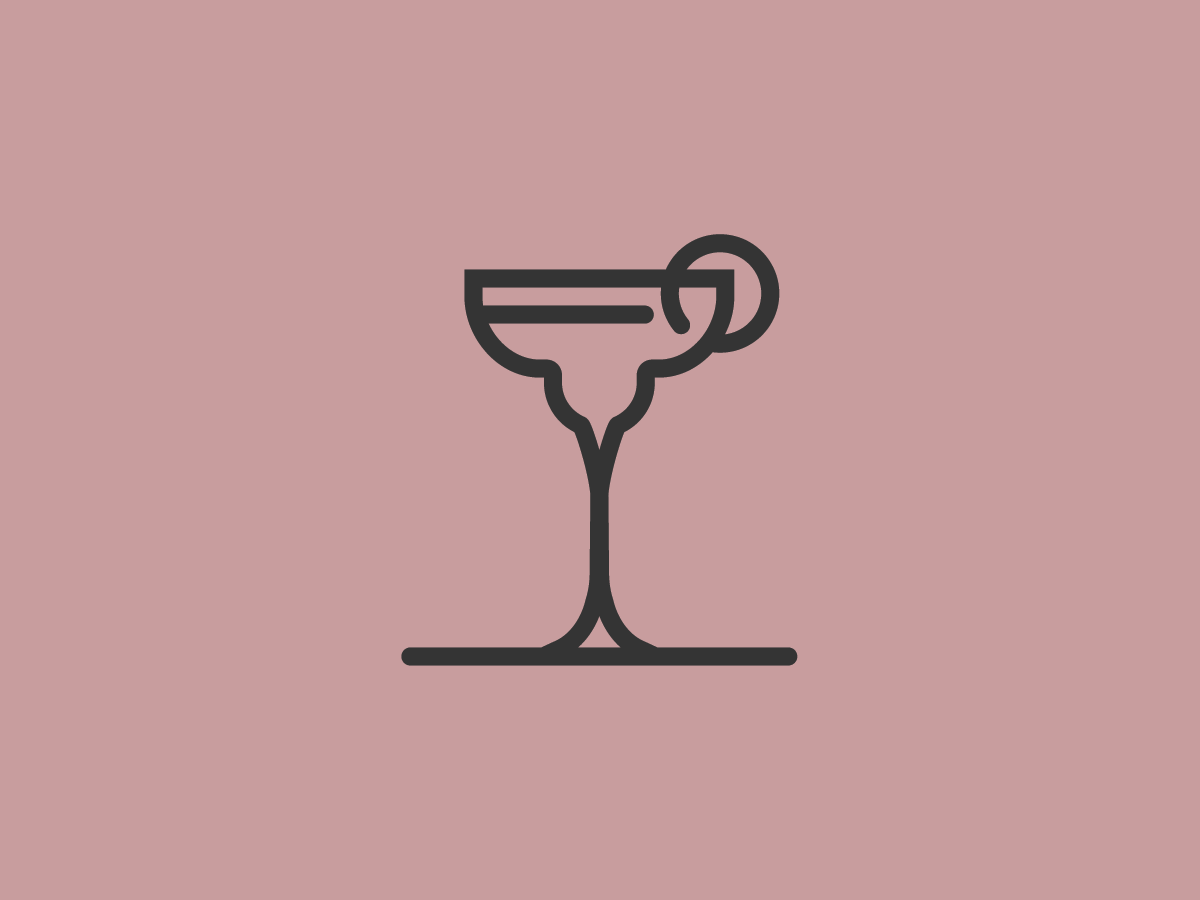
5. Too much alcohol can make matters worse when you’re stressed or depressed
Under stress, people make a beeline toward things that help them cope and get through hard times, says psychologist Susan Albers, PsyD, clinical psychologist at the Cleveland Clinic and New York Times Bestselling author of 50 Ways to Soothe Without Food. For many, drinking is a go-to coping mechanism. But Albers notes that everyone’s reaction to alcohol is different. “For some people, alcohol makes them happier and jolly, and for others, it unleashes anger and depression,” says Albers. She also notes that there’s a fine line between the pleasure alcohol can provide and the negative feelings or consequences it can trigger. Be honest with yourself about your level of drinking, and the impact it may be having on you and those around you, she suggests. Here are a few tips from therapists on how to deal with quarantine depression.
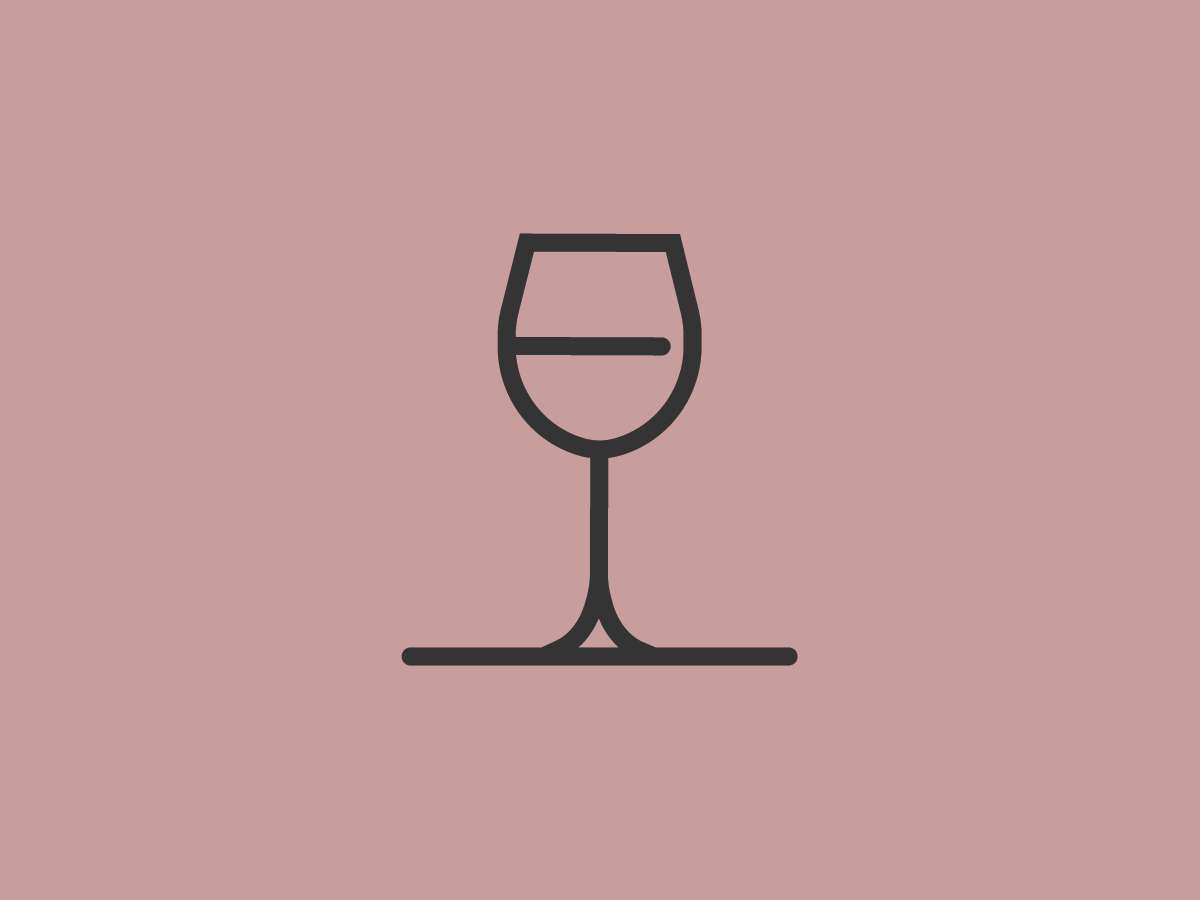
How to cut back
If you have found yourself drinking more than usual and you’d like to break the pattern or cut back, Dr. Albers suggests beginning by putting alcohol out of sight or not purchasing any more. “If alcohol is within arms reach or is in your line of sight, it may be the first thing you look to when you are stressed,” notes Albers. She also recommends making a list of healthy coping mechanisms that have worked from you in the past. These can include exercise, deep breathing, or engaging in a creative hobby. Crafting some alcohol-free mocktails is another helpful strategy. A mocktail can allow you to enjoy a drink that feels special, while simultaneously helping you stay hydrated, and incorporate healthful ingredients, like fresh ginger root, mint, and splashes of 100 percent juice. (Learn how exercise can be a super effective way to relieve stress.)
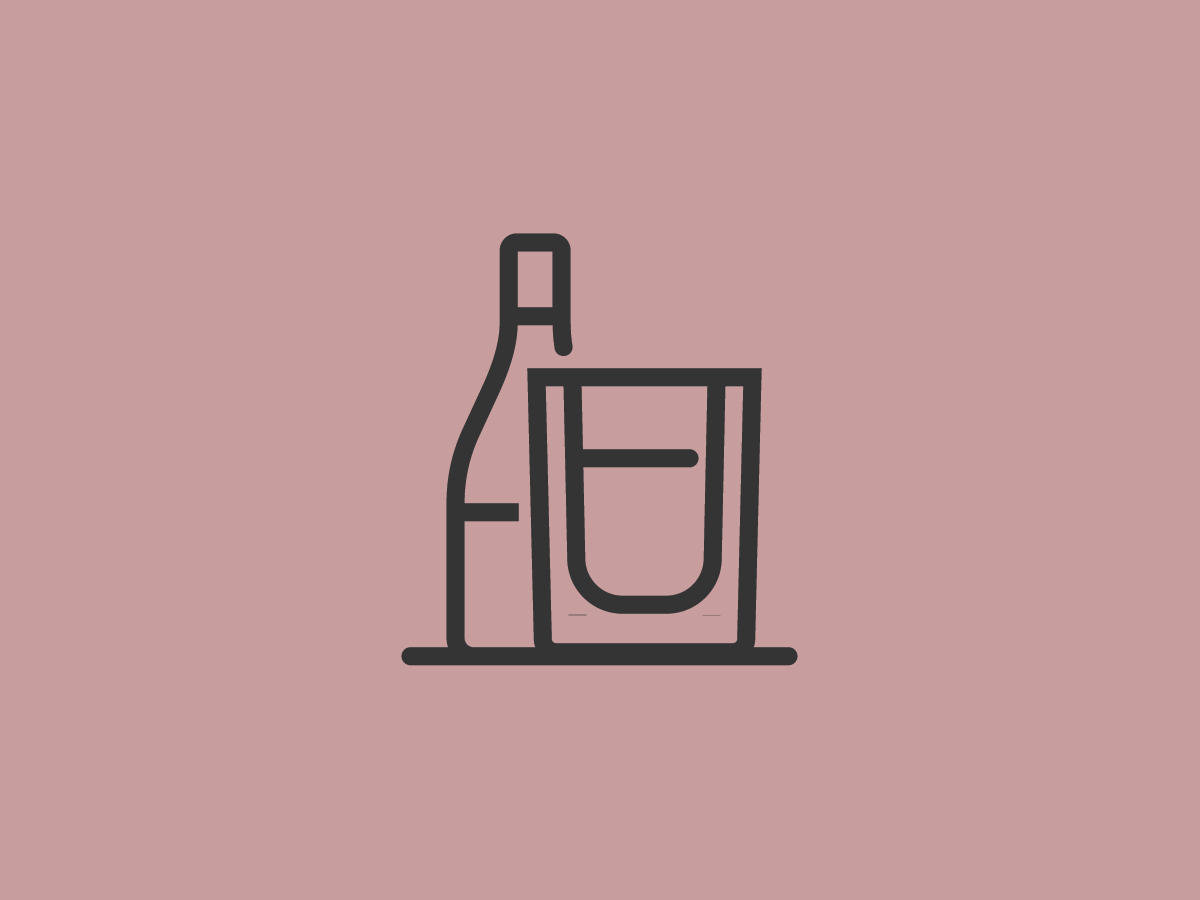
If you think you have a problem, seek help virtually
Frequent or repeated use of alcohol to numb, escape, or cope can signal that drinking has become problematic, according to Albers. She also cautions that if you find yourself drinking throughout the day or solo, it may be the time to contact a professional. Professional help is also needed if your drinking leads to negative feelings, like depression or anxiety. If you need support, there are virtual services available. Albers recommends contacting Alcoholics Anonymous, which offers online meetings through Zoom. Better Help is also a portal for web-based therapy.
This unprecedented situation has left everyone looking for ways to get through. If alcohol is part of your usual routine, aim for moderation, and test out alternative ways to cope with your feelings. Finally, maintain an honest, open self-dialogue about your relationship with drinking in, and seek help if you need support.
Stressed about the coronavirus pandemic? Learn a 10-minute anxiety fix that can help.
